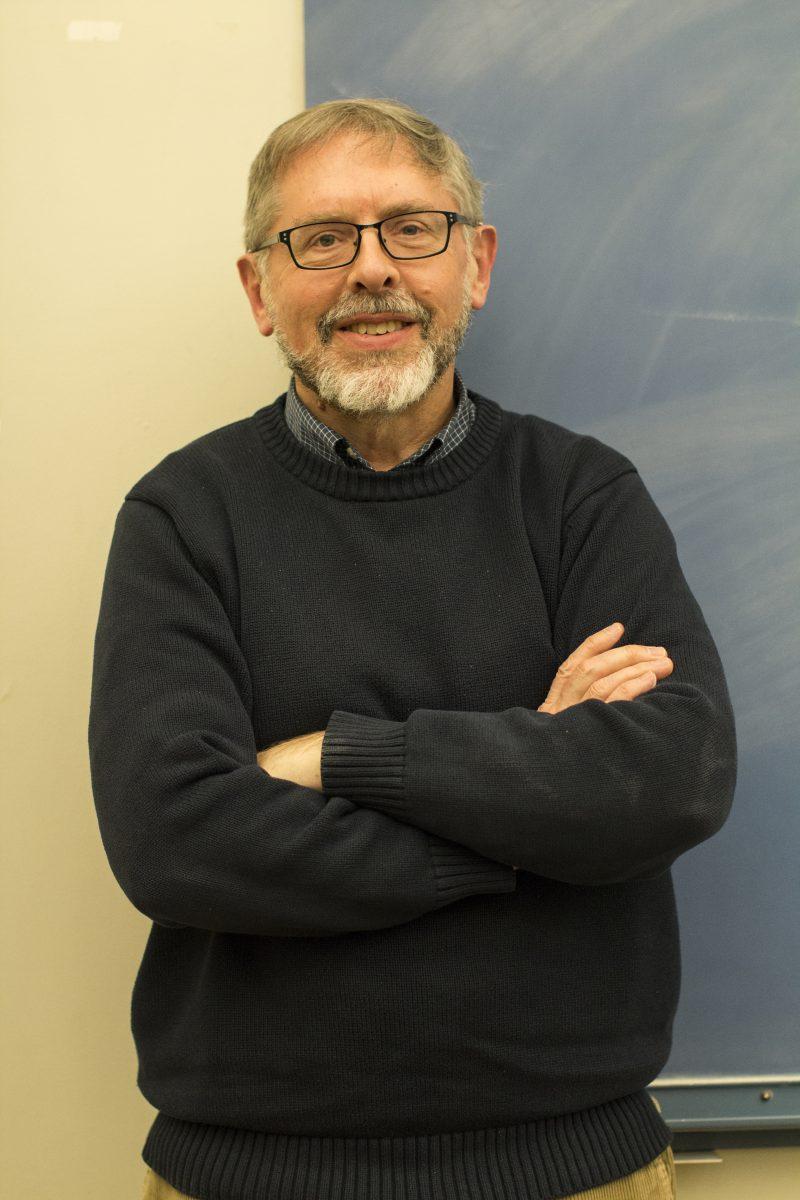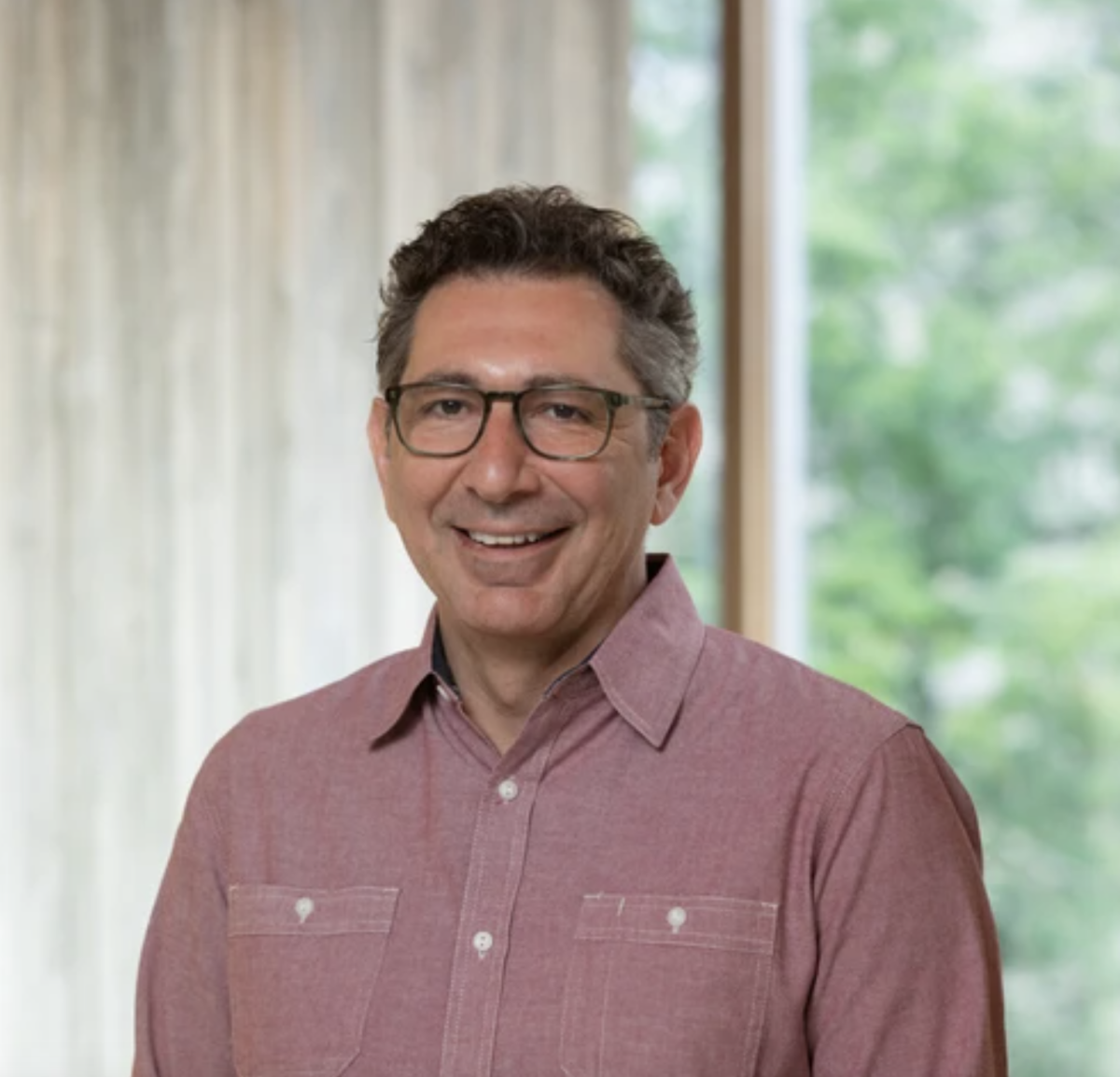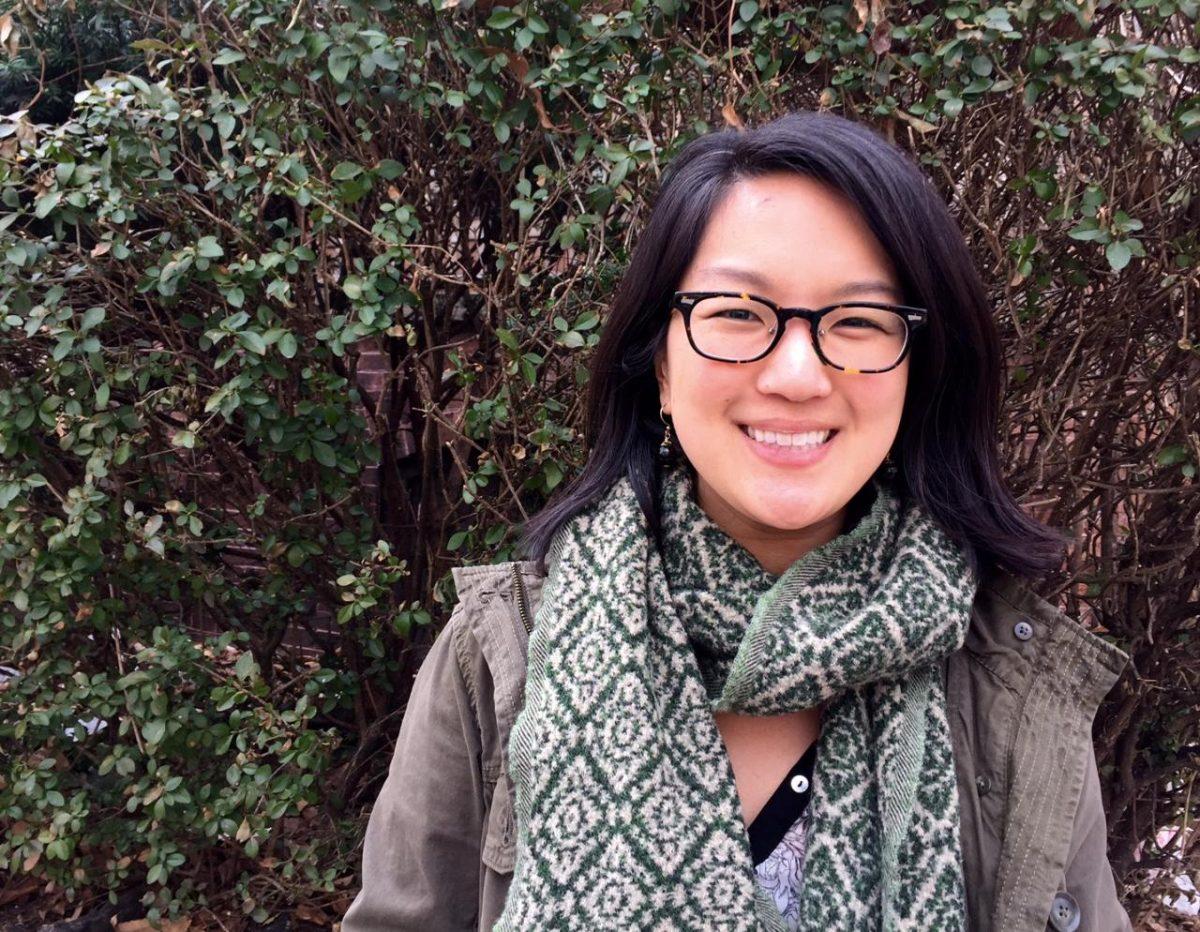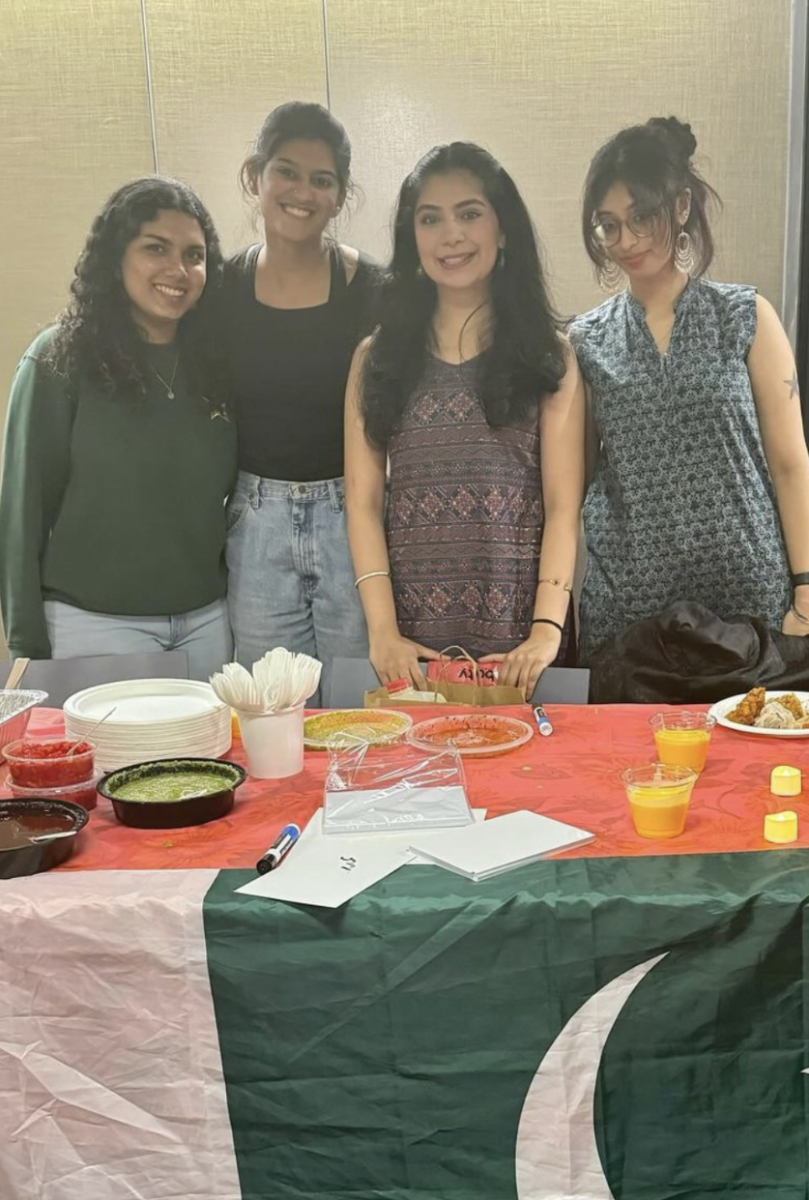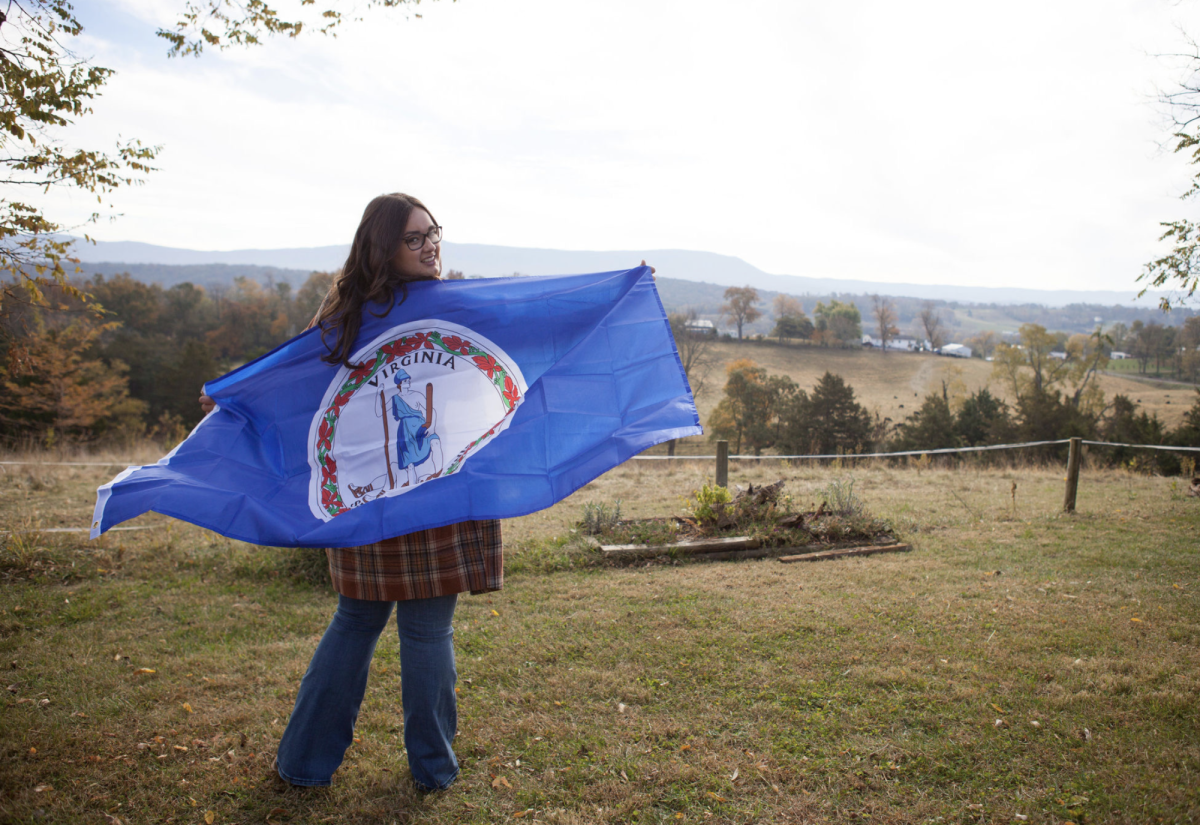Professor David Haines can often be seen sitting in his office with the door open, turning over what looks like a frightening ball-and-stick molecular model in front of a student, demonstrating how he can transform a boat into a chair in the palm of his hand and how she can too. Now in his 36th year at Wellesley College, Haines, an organic chemistry professor, has transformed the lives of many students, inspiring them to continue their chemistry education in medical school or a chemistry PhD program.
Professor Haines wears many hats; he’s an antique pottery collector, a devout Quaker and former diehard biology major who likes to call himself a “farm boy at heart,” although he has since replaced his jean jackets with sensible, cable-knit sweaters. As a high school student, he was a passionate member and one of the best swine judges of the local chapter of Future Farmers of America. Should a student ask, he will pull out photos of Jersey cows from the county fairs that he used to frequent.
“I was a farm boy, and farm life is great life. Farm life is a great place to raise kids,” Haines stated.
However, farm life was not enough for Haines; he loved science and enrolled in a liberal arts college to pursue a career in biology and medicine. In his first semester as an undergrad, the school required him to take a higher level chemistry class to earn credit for a placement test. Undeterred, Haines decided to take the class, and, by his third week of college, Haines knew he was going to be a chemistry major.
“The biology class started with nomenclature of plants and taxonomy, which I found one of the more boring subjects of biology. Chemistry, on the other hand, started off with all sorts of exciting things, and I quickly realized that while the questions I wanted to ask as a scientist were biological questions, being a chemist would give me the tools to answer them in ways that being a biologist would not, and therefore, I decided to study chemistry and spend my life answering biological questions,” Haines recounted.
By his senior year, Haines had finished his pre-medical requirements, scored well on the Medical College Admission Test (MCAT) and received four invitations for interviews at medical schools. However, before he interviewed for any of the medical schools, a guest lecture by a chemist from the University of Illinois Urbana-Champaign inspired him to pursue a graduate degree in chemistry.
“When I finished college, there was no place in the farm to go. My full intention was to continue my education because that’s what I knew and that’s what I enjoy,” Haines noted.
After getting his PhD, applying to be a professor was a natural next step for him.
Haines admits that he applied to teach at Wellesley without knowing it was a women’s college and that he only found out about it when a student in his graduate school lab who attended school near Wellesley picked up a phone call meant for him.
Though organic chemistry has a reputation for being a notoriously difficult class, every year many non-chemistry majors enroll in Haines’ class. Haines maintains that the class is applicable for majors and nonmajors alike.
“I often tell my students while the class is called organic chemistry, we can also call it life,” Haines explained. “It’s about learning how to take the risk of trying something on paper that might not be right.”
In the classroom, Haines is known for holding weekly problem sessions for his students, where an overwhelming majority of students show up to work on a tailored set of difficult problems together. Over the years, he has determined exactly where students will have questions and consequently asks the right leading questions to help the students arrive at the answers themselves. His goal is to gather students into groups so they can collectively find multiple approaches at tackling the same problems.
Now, Haines is continuing his passion for the intersection between biology and chemistry in his research lab here at Wellesley, where he and his research group are working on synthesizing a small molecule that can be taken as a pill for Type II Diabetes patients to induce the production of insulin in the human body. He plans to go on sabbatical next year so he can focus on his research, after which he plans to retire.
“I realize leaving Wellesley will be difficult so I will spend next year on sabbatical here, working with [my research students]. So I don’t have to say goodbye to students just yet,” he said.
Haines plans to keep busy during retirement. He will be moving to North Carolina, and as chair of the organizational committee for Quaker conferences around the nation, he will be able to spend more time traveling and facilitating meetings. He also plans to spend more time managing his library of over 25,000 books, obtained during the years he and his wife ran an antique bookstore that saw many rare and valuable items, including a first edition copy of Moby Dick, Audobon’s Birds of America and a letter written by Samuel Johnson.

